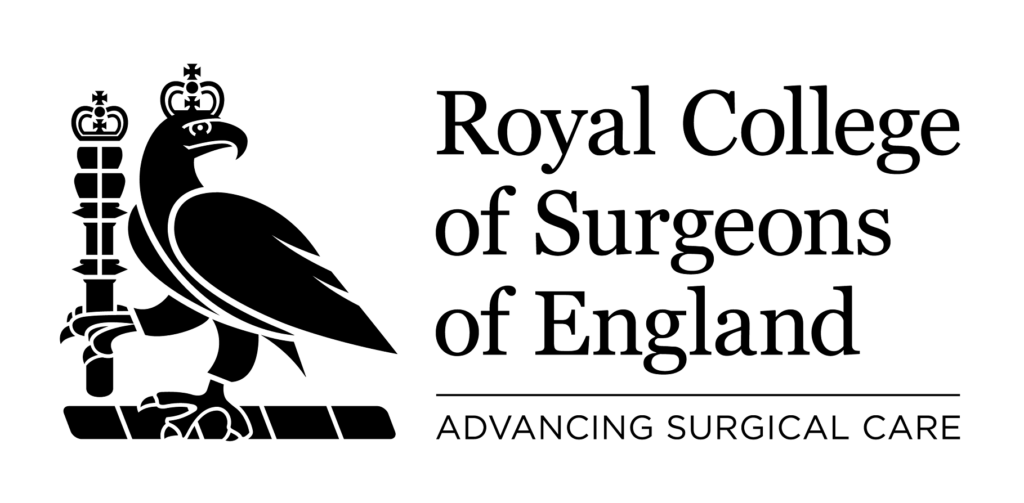I thought we’d have a closer look at the Royal Colleges.
Why? Well, why not.
The Royal College of Emergency Medicine is the newest and the product of some hybridising. Emerging in 2008.
Their claim to fame; in 2017 a report saying that the NHS needed ‘at least’ 5,000 more beds to achieve safe occupancy levels.
No one took a blind-bit of notice.
In 2021 another report showing pressures from the pandemic had produced more than 4,500 excess deaths in 2020-21, as a result of crowding or 12-hour stays in emergency departments…
… they were wide of the mark. The report since eclipsed by much worse news.
The oldest is the RCollege of Physicians. Founded in 1518. There are now about two-dozen.
Is it fair to say, anything that’s over 500 years old should be in a museum along with weight-driven clocks, the Hans Lippershey telescope and the Zacharias Janssen compound microscope…
… they will still tell the time, let you see the stars and the hind-legs of a flea, but they’re not quite fit for purpose in the 21st century.
It was George Bernard Shaw who told us ‘all professions are a conspiracy agains the laity’. It’s hard to say he was wrong.
Over the years the way professions have acquire prestige, accumulated power, influence and wealth… is simple.
They’ve taken knowledge and expertise and only shared it amongst ‘fellows’ and the like-minded.
Wealth… interesting. Becoming proficient and qualified in a medical speciality is in the gift of the Colleges.
Students pay enormous amounts of money to sit examinations. Extortionate, really.
It varies but as an example the RCSurgeons, basic exam, Part-A comes to near enough £600.
That’s for starters.
All-up, thousands. Re-sits don’t come with a discount and I can’t find any instalment-plans to help young doctors.
Not even a nod to equality, diversity and inclusion.
The number and interval of examination sittings varies across specialties. Passing all exams is mandatory for training, progression and completion.
It’s a closed shop.
A quick look at the RCSurgeon’s accounts will tell you they’re sitting on millions. I’d guess they’re typical?
Most of them do well out of payments from industry… about £9m since 2015. The colleges are not obliged to disclose these payments. Most don’t. They’re far from clear in their annual reports.
Doctors pay membership fees to the RCs and the RCs pay to belong to the RC’s trade-body (yes they have one) is the Academy of Medical Royal Colleges, who claim;
‘…our job [is] to collate our member’s views… coordinate activities … [to]…collectively influence and shape healthcare… this unique position … gives us a leading role particularly in the areas of clinical quality, public health and the education and training of doctors.’
Unique indeed. Opaque might be better. Bernard Shaw is starting to look current!
RCs conduct external safety reviews in hosptials. It took a BBC Panorama and endless FoI requests to dig some out. Of 80 reports unearthed only 26 were in the public domain.
The Academy Medical Royal Colleges said they were ‘dismayed’ and pointed to their 2016 guidance saying they should be… made public.
It’s maybe not the fault of the RCs that these important documents aren’t published by the Trusts… but on the other hand why weren’t they pushing, asking ‘why not’.
More Bernard Shaw…
There’s nothing wrong with professions wanting to have a say in their member’s standards.
Medicine, in fact all clinical specialties, exist in a fast-moving world. In my time I’ve seen the introduction of laparoscopy, revolutionising surgery, cutting the length-of-stay and drugs like Omeprazole cutting the need for any surgery at all…
… but, for me the Colleges don’t sit easily in today’s health landscape. Think Old Spice, Etcha-Sketch, Dansette.
An ebbing relevance, an annoyance to their students and prestige in a world where prestige doesn’t count for what it once did.
Bernard Shaw.
Their role as examination invigilators will surely soon be eclipsed by technology. Leaving them doing what?
RCs must reposition themselves to be at the forefront of cascading and infusing best practice.
The NHS struggles with a stream of invention, innovation, technologies and tries hard to share new ideas and embed them.
RC’s were originally built just for that.
It was advances in knowledge, discovery, understanding and sharing skills that prompted the Colleges to invent themselves and become relevant…
… if ever there was a time to reinvent themselves, it is now.
Defining a new transparent, relevance. Wave goodbye to good old George Bernard Shaw.
News and Comment from Roy Lilley
Contact Roy – please use this e-address roy.lilley@nhsmanagers.net
Reproduced at thetrainingnet.com by kind permission of Roy Lilley.








